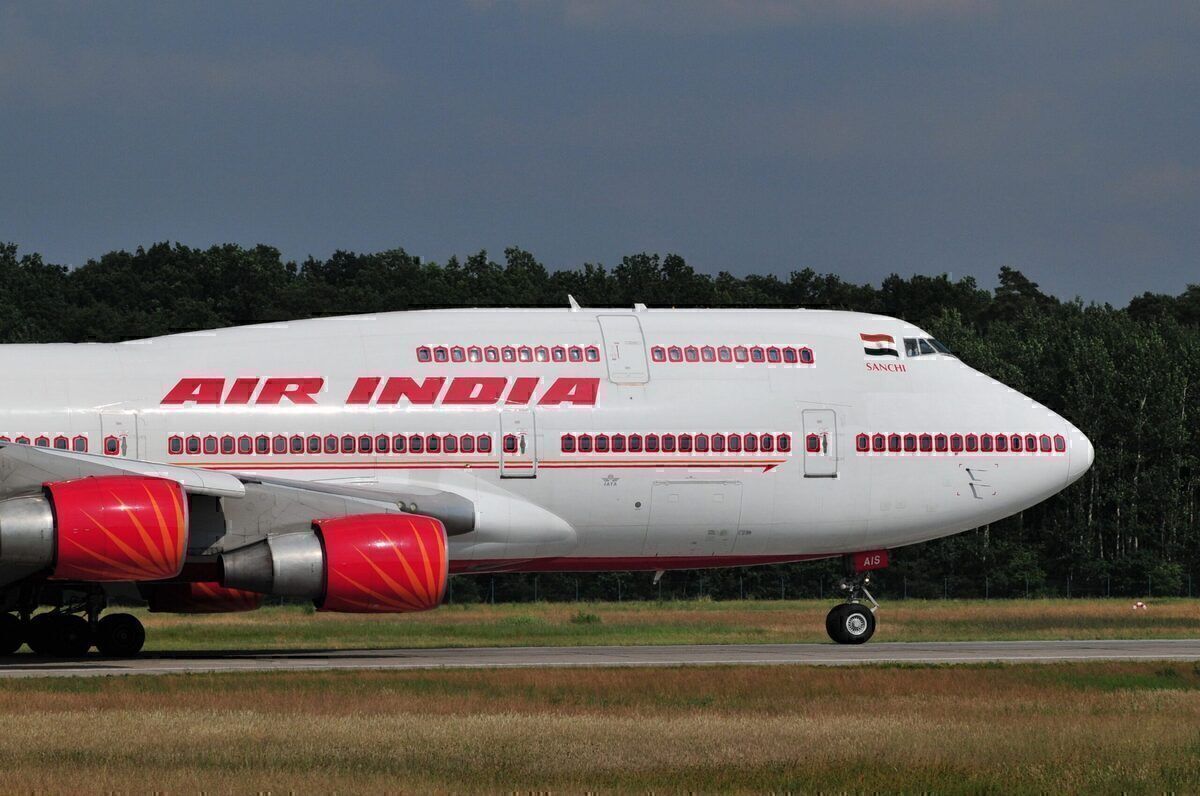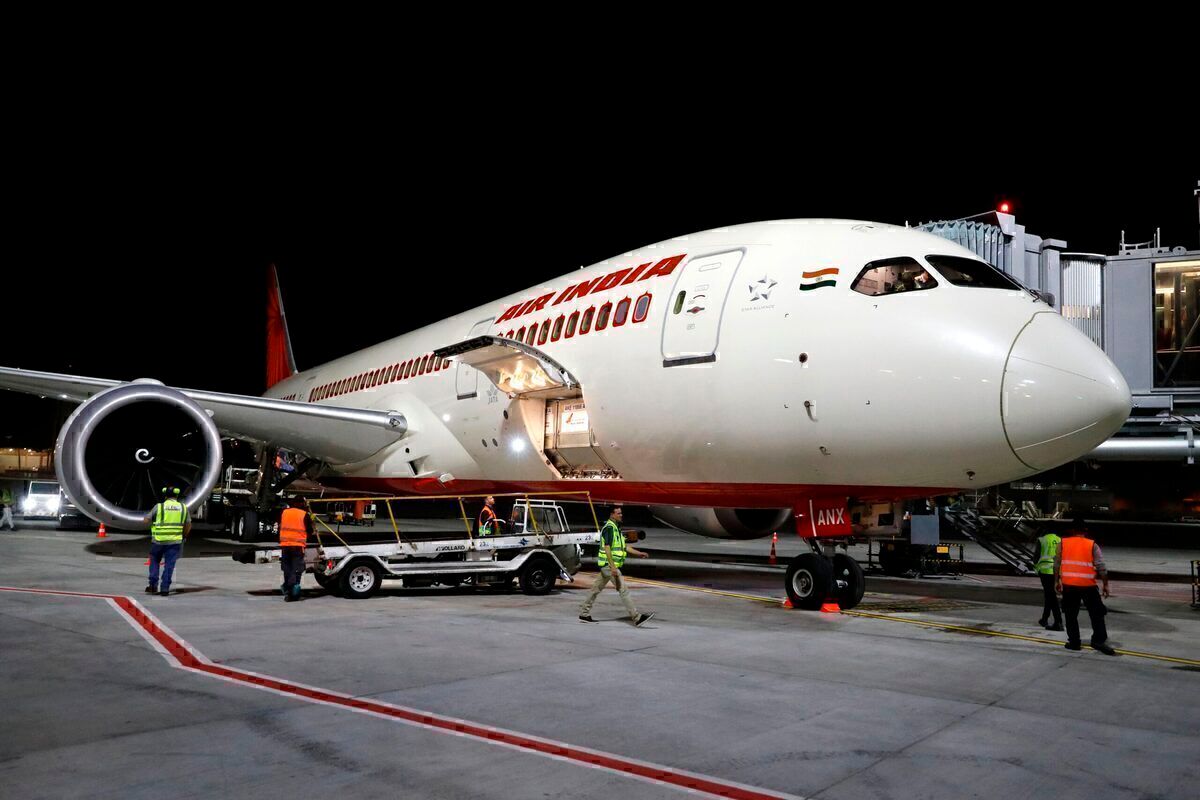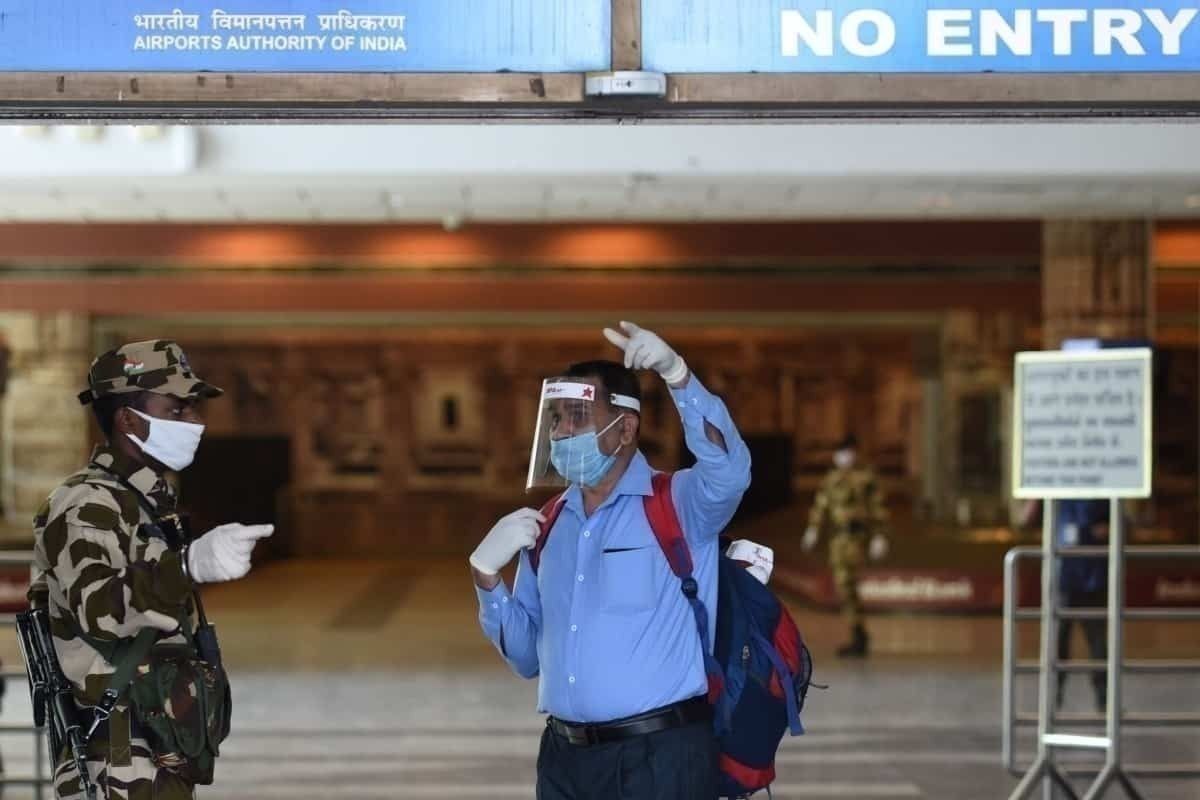As the Omicron variant loses steam, governments around the globe seem eager to ease restrictions on the movement of people across borders. Last week, we saw Europe exhibit positive signs by easing quarantine mandates for fully-vaccinated individuals. This time, it is the Indian government taking a major step towards normalcy by scrapping several restrictions for international travelers arriving in the country.
The latest update
Under the current rules, all passengers entering India need to provide a negative test report taken no more than 72 hours prior to departure. Additionally, arrivals from “at-risk” countries are required to undergo another test at the airport followed by a seven-day home quarantine period and yet another test on the eighth day.
India’s Ministry of Health and Family Welfare issued fresh guidelines earlier this week stating international arrivals will no longer need to produce a negative test report before undertaking the journey. Moreover, the classification of "at-risk" countries has now been done away with, along with additional tests on arrival at the airport. Nonetheless, 2% of all arriving international passengers chosen randomly will be asked to provide samples at the airport.
Instead of the seven-day mandatory home quarantine, the new rules call for a 14-day period of “self-monitoring” post-arrival in India. Passengers will still be required to submit a self-declaration form on the government’s Air Suvidha online portal before departure. The form asks for several personal details, which may help the authorities contact the travelers if other passengers on the flight test positive later.
Needless to say, the new guidelines are a massive relief to passengers entering the south Asian country. They come into effect from February 14th starting at 00:01 IST.
The finer details
The new guidelines present favorable circumstances for the aviation industry, but there is one minor catch: the exemptions announced are only available to individuals who have completed the “full primary vaccination schedule.” In simpler terms, this refers to people jabbed with the first two doses of a recognized coronavirus vaccine. This is where it gets a little complicated.
India has long followed a policy of reciprocity and mutual recognition when it comes to vaccination certificates issued by other countries. Hence, the Indian government will only accept certificates from countries with whom it has a mutual recognition agreement in place or those that allow quarantine-free entry to Indian nationals. As it stands, the list of accepted vaccination certificates consists of 82 countries, including the USA, UK, Australia, Canada, Qatar, and Saudi Arabia, among others.
Meanwhile, India’s civil aviation regulator, the Directorate General of Civil Aviation (DGCA), has extended the ban on scheduled international commercial passenger flights to and from the country until February 28th. India has signed air bubble agreements with more than 25 countries, and flights under these agreements are permitted.
Do you think the Indian government is making the right move by allowing passengers into the country without a negative RT-PCR test report, or is this recipe for disaster? Please, let us know what you think in the comments.



